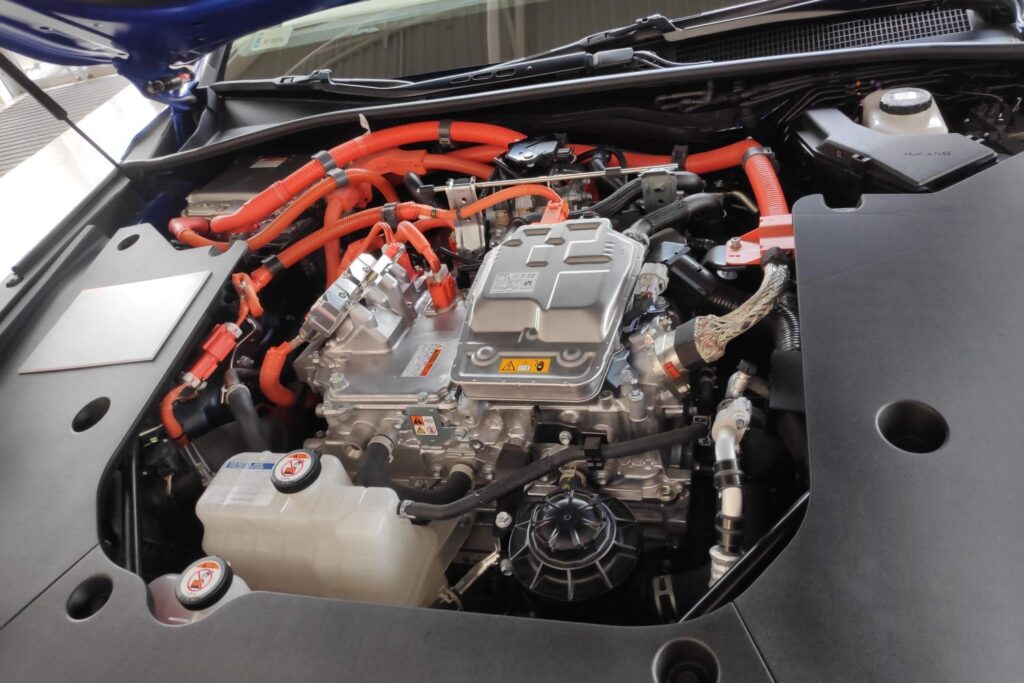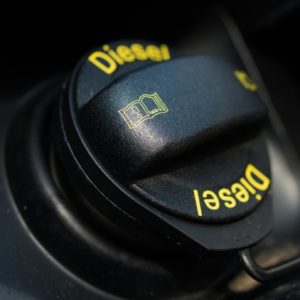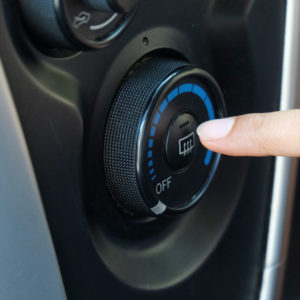Over the years, the call for eco-friendly energy sources has only gotten louder. As people demand more sustainable options to combat climate change, automakers are looking for other solutions. One popular solution that shows a lot of promise is the switch from traditional internal combustion engines to hydrogen engines.
What Is a Hydrogen Engine?
As its name suggests, a hydrogen engine is a type of engine that uses hydrogen as a clean fuel source. It produces zero carbon emissions, making it an eco-friendly alternative to traditional engines. There are two types of hydrogen engines, hydrogen internal combustion engines (HICE) and hydrogen fuel cell engines.
How Does a Hydrogen Engine Work?
While both HICE and hydrogen fuel cell engines use hydrogen, they operate a little differently.
Hydrogen Internal Combustion Engines
In a HICE-powered vehicle, the combustion process is similar to a traditional internal combustion engine. Instead of fossil fuels, hydrogen is mixed with air and compressed in the cylinders, where a spark plug ignites the mixture. This explosion generates mechanical power that drives the engine’s pistons, powering the car.
Hydrogen Fuel Cell Engines
Unlike HICE, hydrogen fuel cell engines don’t need combustion to work. Instead, they use fuel cells that convert hydrogen and oxygen into electricity, water, and heat. The electricity powers the electric motor, while water and heat are expelled from the engine as harmless byproducts.

What Are the Advantages of Hydro-Powered Cars?
Upgrading to a HICE or switching to a fuel cell electric vehicle (FCEV) will take a lot of time and money, so it’s best to know for certain what you’re getting into. Consider the advantages of hydrogen-powered cars:
Environmentally Friendly
Unlike fossil fuel-based engines, hydrogen engines only produce water and heat as byproducts, making them an eco-friendly alternative to traditional engines.
Instant Torque and Smooth Power
Driving a hydrogen car feels similar to driving an electric vehicle. It offers smooth power and virtually silent acceleration, thanks to the electric motors providing you with full torque even at low speeds.to
Improved Energy Efficiency
Compared to traditional internal combustion engines, fuel cell engines have higher energy conversion. They consume less fuel while providing a better overall performance.
Fast Refueling
Charging an EV can sometimes take a long time. With a hydrogen-powered car, however, you don’t have to worry about any of that. Some hydrogen cars only take around three to four minutes to refill the hydrogen tank.
High Range
Similar to EVs, hydrogen vehicles have a high range with large battery storage. A single top-up of hydrogen can last around 310 miles. This range isn’t affected by the outside temperature, so you can expect the same range even if it’s winter. However, keep in mind that this can vary depending on your car’s year, make, and model.
Incentives
Hydrogen cars aren’t cheap, but most manufacturers offer leasing packages that can make up for the initial cost. Some leasing packages include complimentary fuel, service, and maintenance. In California, you might even be eligible for a $4,500 rebate, thanks to their Clean Vehicle Rebate Project.
What Are the Disadvantages of Hydrogen Cars?
Despite their many advantages, hydrogen cars are still far from being mainstream. This is likely due to the challenges and limitations that come with producing hydrogen engines. Here are a few disadvantages of hydrogen cars:
High Costs
Hydrogen engines are pricey for a reason. Developing and producing hydrogen engines can be expensive, especially those that need platinum and other costly materials.
Limited Refueling Stations
Compared to gasoline stations, hydrogen refueling stations can be hard to come by. This can be a hassle, especially if you don’t live near one. You’ll have to schedule your refueling sessions to make sure you don’t run out of hydrogen before you can drive to the nearest station.
Hydrogen Storage and Transportation
Storing and transporting hydrogen is far from easy. Hydrogen is a gaseous substance that needs high-pressure containers or cryogenic storage to stay in good condition.
Hydrogen Engine vs. Diesel Engine vs. Natural Gas Engine
HICE might seem like a foreign concept, but they’re actually a lot more similar to diesel and natural gas engines than you’d expect.
Similarities
HICE and natural gas engines operate similarly, and this is because they have almost the same components, namely the engine block, crank, cylinder heads, and ignition system.
HICE and diesel engines aren’t too different either. They also have similar engine blocks, cranks, mounts, and flywheel housings.
Having similar engine components can make it easier to produce hydrogen engines and install them in more types of vehicles.
Differences
HICE uses direct injection systems that introduce hydrogen directly into the cylinders. Because hydrogen ignites much easier than gasoline, pre-ignition issues can occur if hydrogen is injected into the intake manifold or ports.
Unlike traditional combustion engines, hydrogen engines are also tuned to run lean. Hydrogen needs twice as much air as fuel does in order to produce less carbon emissions.
Can Hydrogen Engines Work in Medium and Heavy-Duty Trucks?
Yes, they can. Hydrogen engines look, sound, and work like internal combustion engines, so they’re more than capable of powering medium and heavy-duty trucks. Several fuel cell buses are already operating in different US states, thanks to the continued efforts of the US Department of Energy (DOE) and Department of Transportation (DOT) alongside nongovernment organizations.
Get Replacement Engine Parts that Fit Your Car
If you’re not ready to make the jump to a hydrogen engine yet, keeping your current vehicle’s engine running smoothly can help reduce emissions and increase fuel efficiency. For the parts you need to do just that, why not turn to CarParts.com?
The CarParts.com catalog can accommodate tons of different engines. Our quality products come from trusted aftermarket manufacturers too, so you know your vehicle’s new engine parts will work great once installed.
We also have parts at different price points to suit any budget. If you’re worried about the parts fitting your particular engine, use our built-in vehicle selector. We can guarantee the parts you buy using the selector will fit your vehicle’s make and model perfectly.
Hydrogen engines might be the future, but you can also opt to do what you can to make your vehicle’s present engine run well and emit less harmful gases. Buy a new oil filter or other engine parts at CarParts.com now.
Any information provided on this Website is for informational purposes only and is not intended to replace consultation with a professional mechanic. The accuracy and timeliness of the information may change from the time of publication.




















